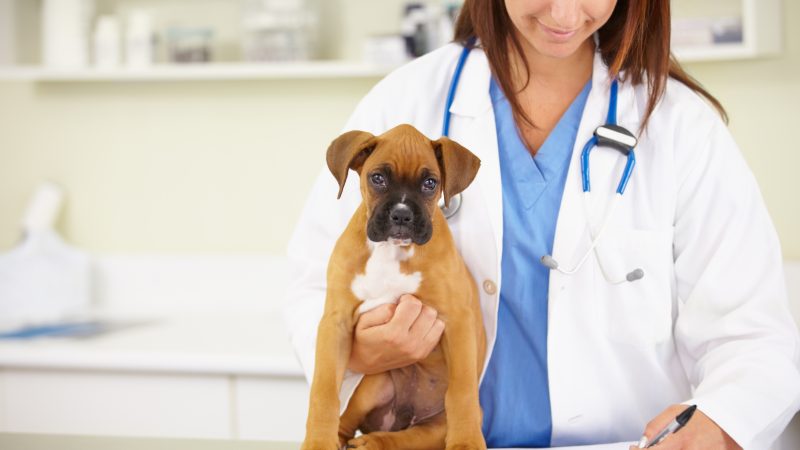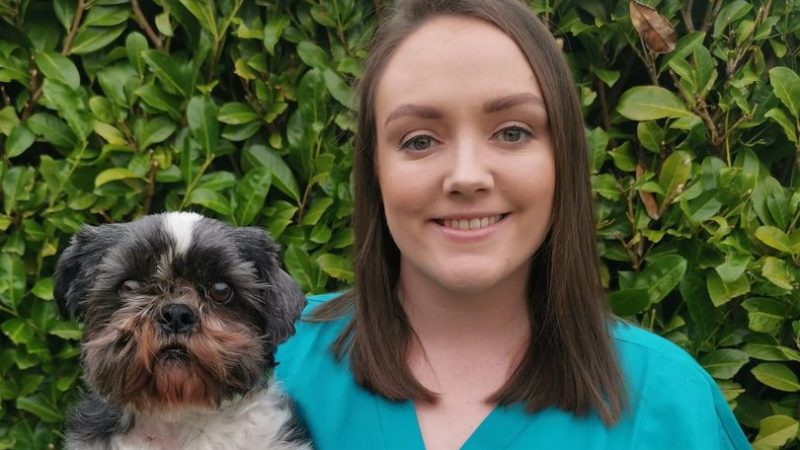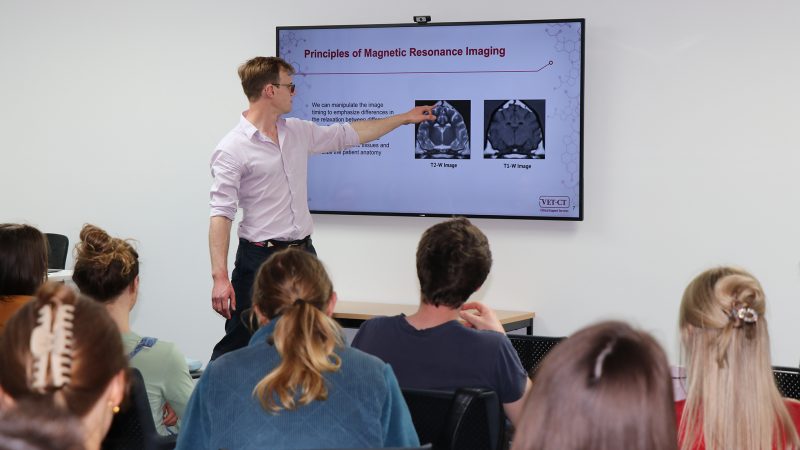IVC chief calls more foreign vets and increased university courses

The chief executive of IVC Evidensia UK and Ireland has called on the Government to overhaul veterinary regulation to encourage more overseas vets, and specifically the return of EU vets.
Duncan Philips also called for increases funding for UK universities to provide veterinary courses and updating of the regulatory framework to enable veterinary nurses to expand their role.
He said: “The Government announced on 30 January its intent to introduce tougher migration regulation, including removing the occupation shortage discount. If enacted, this will make recruiting overseas vets significantly more difficult and more expensive. The time to act on this is now.
“A 2021 RCVS report on recruitment, retention and return found that 53% of new UK-practicing registrants in 2019 were EU-qualified. In just three years that plummeted to 19%.
Alongside changes by the RCVS to increase the frequency and flexibility of the statutory veterinary exam for those with veterinary degrees not accredited by the RCVS, we would like to see reasonable changes in Government restrictions around language requirements for colleagues from abroad.”
On the call for increased funding for UK universities when it comes to veterinary courses, he said: “More young people from diverse backgrounds pursuing exciting and rewarding veterinary careers is vital to addressing the shortages. IVC Evidensia, and the sector as a whole, is doing a great deal of the right things to encourage more towards the profession, including our Ethnic Diversity Scholarship Scheme, EMS bursaries and sponsoring groups such as Animal Aspirations.
“But a lack of enough places at UK universities and colleges, despite recent increases, and the lengthy and costly qualifying process, reduces opportunities to become qualified and exacerbates the shortages.”
The IVC chief also called for “highly skilled” vet nurses to be allowed to fulfill a wider scope of clinical tasks.
“This would mirror significant improvements in holistic care delivery in human healthcare, driven and facilitated by nurses.
“An expanded role would enable a broader team approach, enabling vets to focus on more vet-specific procedures, while improving treatment time availability, and increasing job satisfaction for those vet nurses who would choose to do more.”







